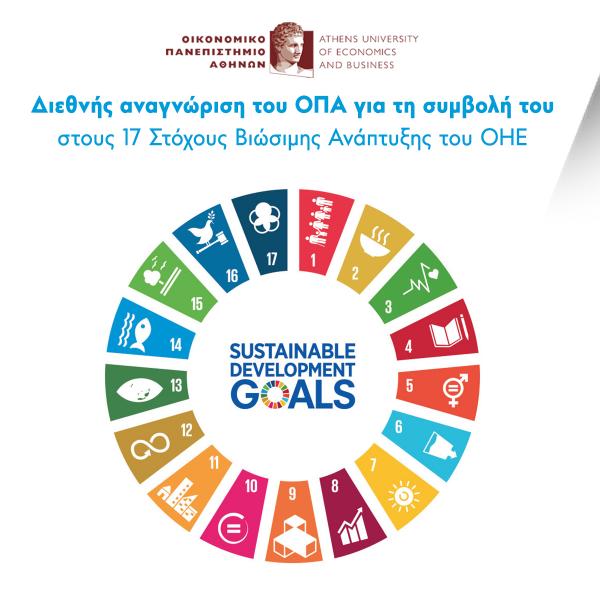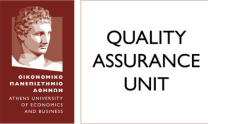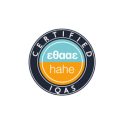International Recognition for AUEB for Its Contribution to the UN’s 17 Sustainable Development Goals
Press Release
International Recognition for AUEB for Its Contribution to the UN’s 17 Sustainable Development Goals

The Athens University of Economics and Business (AUEB) has received significant international recognition in the “THE Impact Rankings 2025” published by the independent evaluation body Times Higher Education (THE). These rankings assess universities' performance in relation to the 17 United Nations Sustainable Development Goals (SDGs).
For 2025, AUEB participated and was ranked in the following Goals:
-
Goal 4 – Quality Education: Ranked in positions 801–1000 out of 1,975 universities worldwide.
-
Goal 5 – Gender Equality: Ranked in positions 1001–1500 out of 1,559 universities worldwide.
-
Goal 8 – Decent Work & Economic Growth: Ranked in positions 601–800 out of 1,350 universities worldwide.
-
Goal 9 – Industry, Innovation & Infrastructure: Ranked in positions 601–800 out of 1,156 universities worldwide.
-
Goal 10 – Reduced Inequalities: Ranked in positions 401–600 out of 1,261 universities worldwide.
-
Goal 12 – Responsible Consumption and Production: Ranked in positions 401–600 out of 973 universities worldwide.
-
Goal 13 – Climate Action: Ranked in positions 601–800 out of 1,089 universities worldwide.
-
Goal 16 – Peace, Justice & Strong Institutions: Ranked 83rd out of 1,214 universities worldwide.
-
Goal 17 – Partnerships for the Goals: Ranked in positions 601–800 out of 2,389 universities worldwide.
With regard to its overall performance across the 17 Goals, AUEB was placed in the 401–600 range globally, among 2,318 universities for the year 2025. It is noteworthy that for 2024, AUEB had achieved the same ranking among 1,963 universities, a fact that highlights both the institution’s consistency and the general increase in global university engagement with issues of social responsibility and sustainability.
The evaluation methodology of the THE Impact Rankings is based on four key pillars:
-
Research activity, using data from Scopus,
-
The existence of strategies and policies aligned with the SDGs,
-
Initiatives and actions taken to support these Goals,
-
And SDG-specific evaluation criteria, tailored to the nature and demands of each Goal.
For more information, please visit: https://www.timeshighereducation.com/impactrankings





